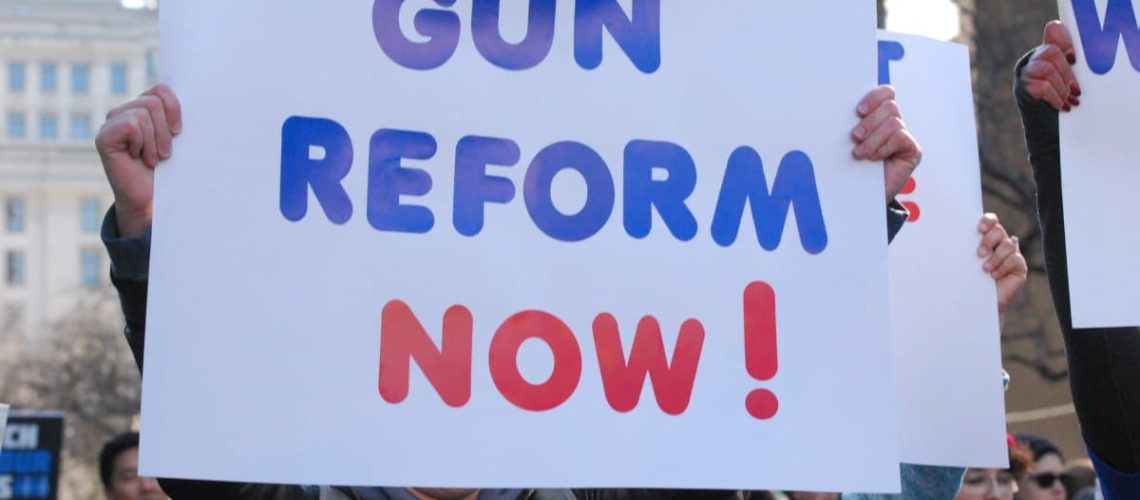The debate over gun control in the United States is as heated as it is polarized, spotlighting the struggle between advocating for individual rights and pursuing broader public safety measures. How can we navigate this complex issue to find a balance that respects constitutional freedoms while reducing gun violence?
1. The Right to Bear Arms
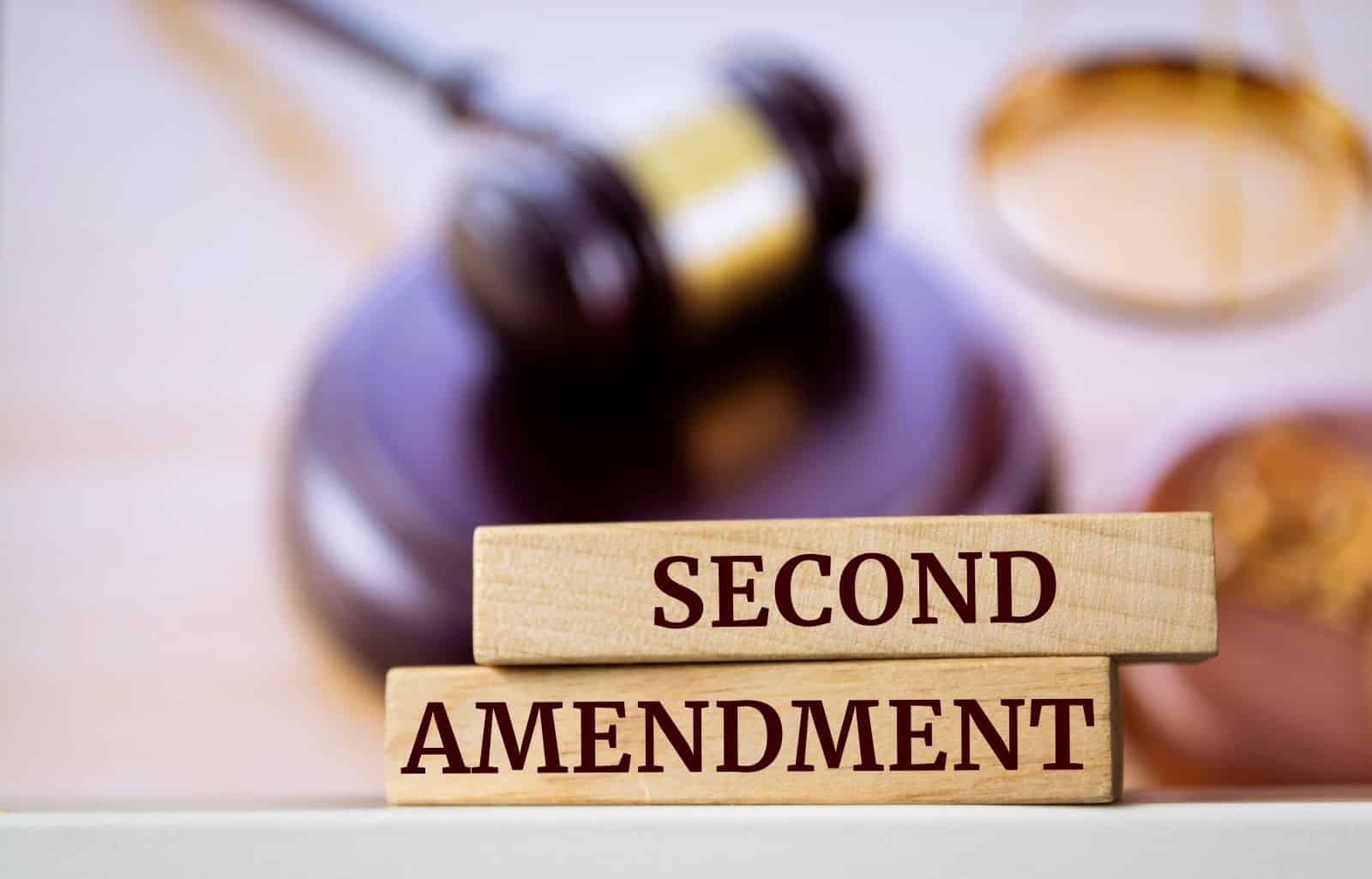
The Second Amendment protects an individual’s right to own guns, a foundational element of American identity for many, emphasizing personal freedom and self-protection.
2. The Need for Background Checks
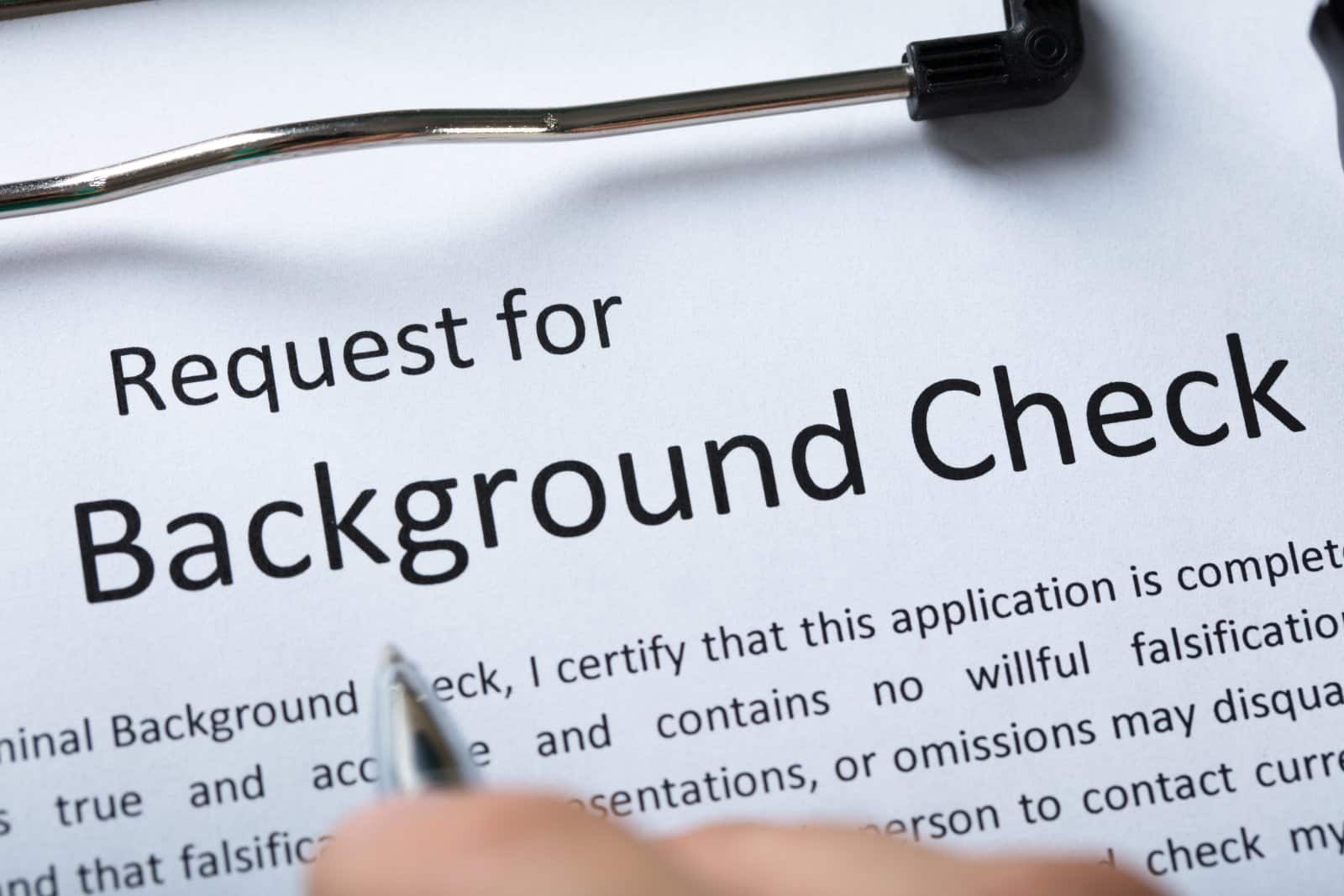
Background checks are advocated by many as a basic step to prevent firearms from falling into the hands of those legally deemed too dangerous to possess them.
3. Protection Against Tyranny

Some gun rights advocates argue that an armed populace is a safeguard against potential government tyranny, echoing historical fears about overreach.
4. Reducing Mass Shootings

Proponents of stricter gun control argue that tougher laws could help decrease the frequency and lethality of mass shootings, which have become tragically common in the U.S.
5. Concealed Carry Laws
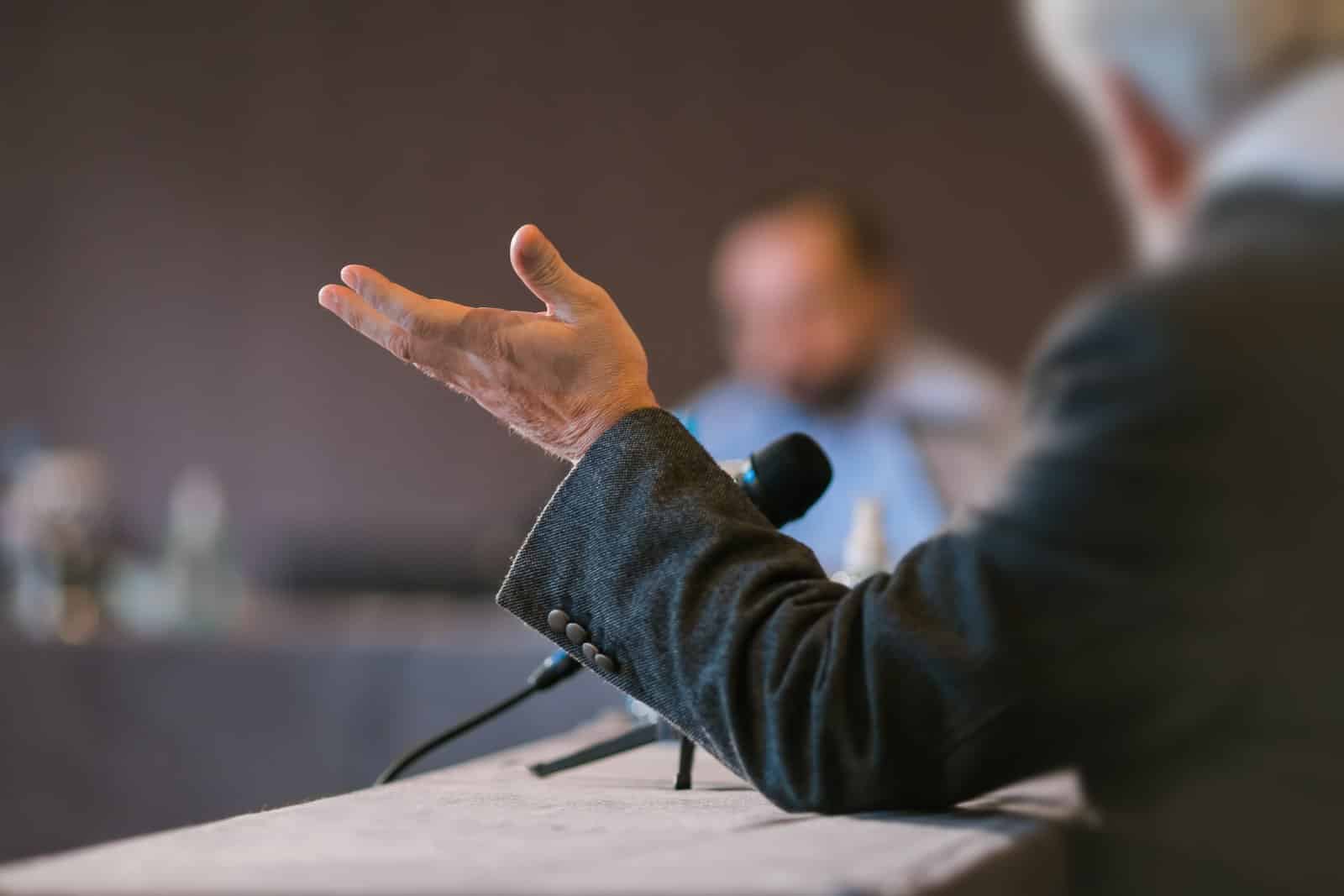
Supporters of concealed carry laws argue that these rights help law-abiding citizens defend themselves and deter crime.
6. Assault Weapons Ban
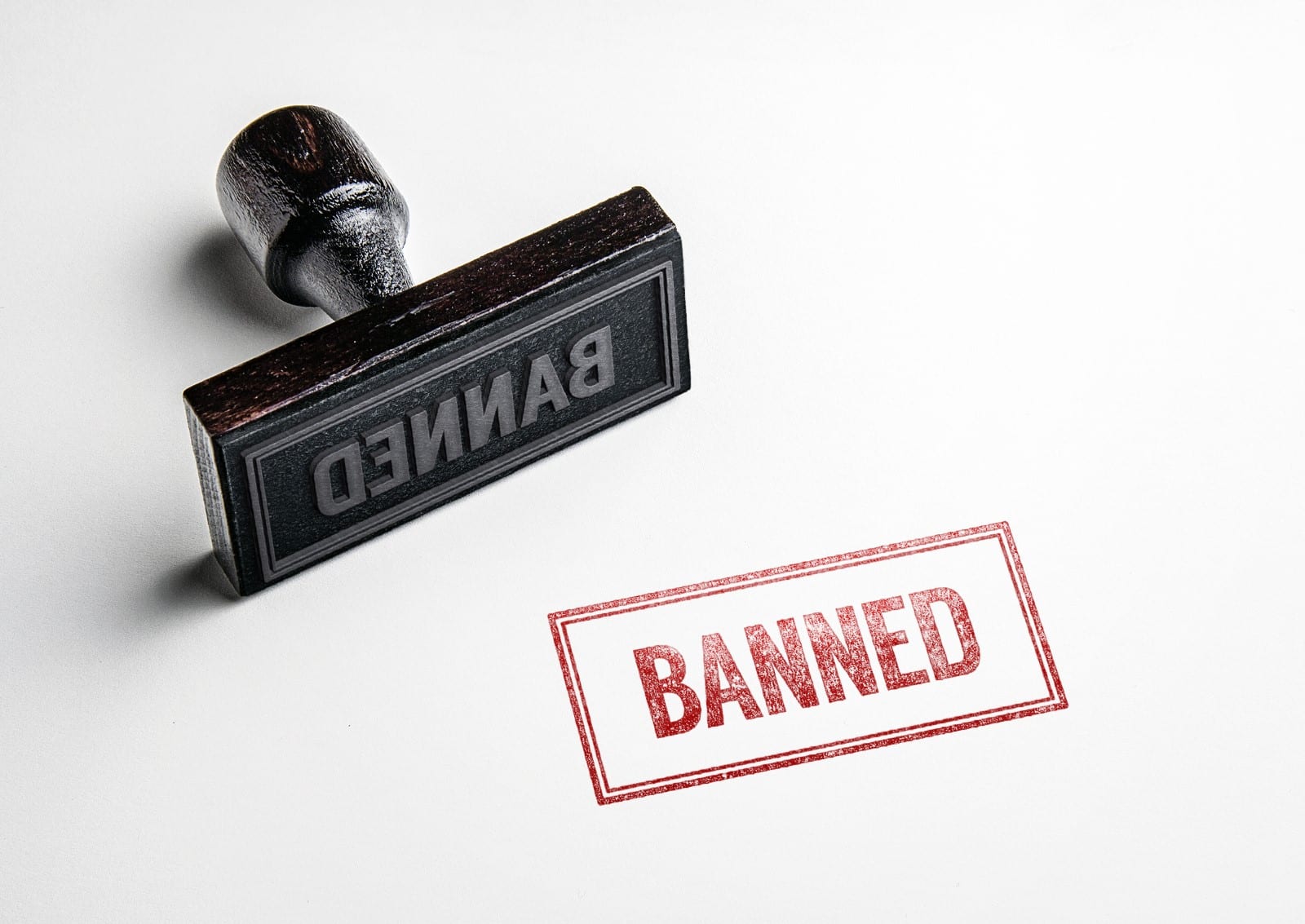
Many argue for banning assault weapons to reduce the carnage possible in mass shootings, given that such weapons can kill large numbers of people in seconds.
7. Mental Health Concerns

The intersection of gun ownership and mental health is pivotal, with calls to improve mental health screening as part of the gun purchasing process.
8. High-Capacity Magazines

Restrictions on high-capacity magazines aim to limit the number of rounds a gun can discharge without reloading, which could potentially reduce the death toll in shooting incidents.
9. Gun-Free Zones
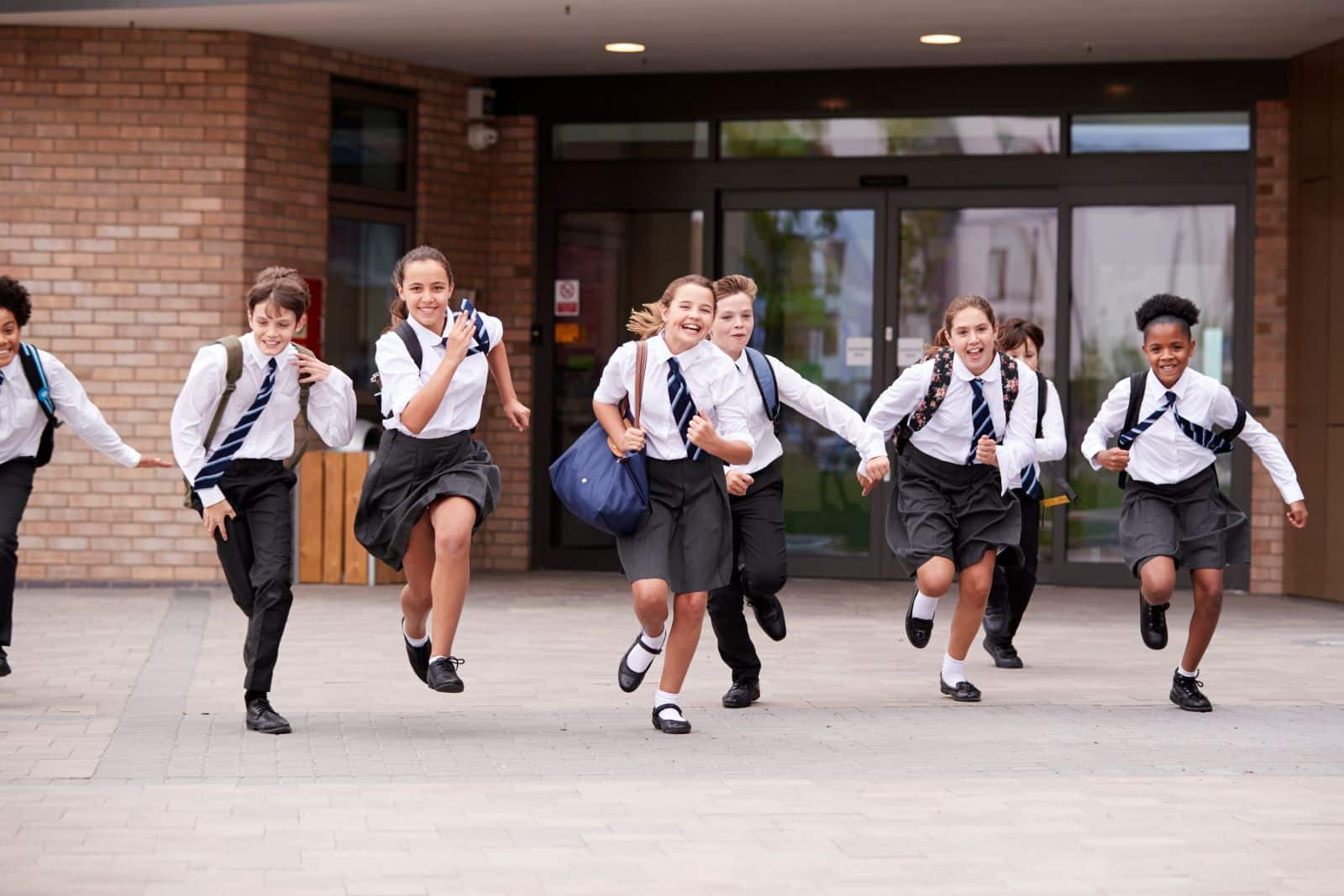
Designating areas as gun-free zones, like schools or hospitals, aims to reduce the likelihood of shootings in these supposedly safe spaces.
10. The Digital Blueprint Debate

The rise of 3D-printed guns and the spread of digital blueprints have sparked a new frontier in gun control, challenging how regulations can keep pace with technology.
11. Interstate Traffic

The variance in state laws leads to challenges in controlling gun trafficking across state lines, complicating enforcement and jurisdiction.
12. Stand Your Ground Laws
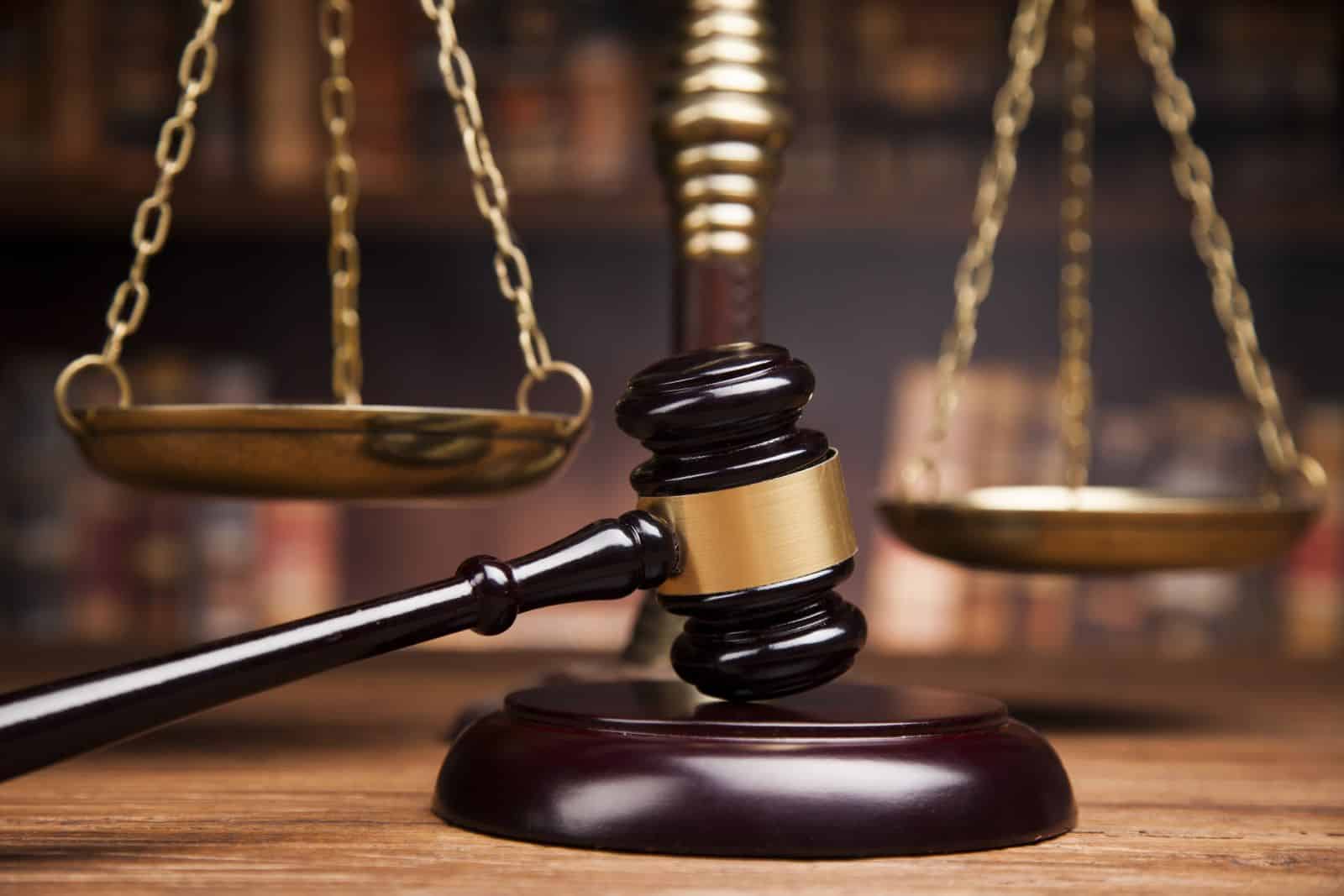
These laws allow individuals to use deadly force in self-defense without the duty to retreat, stirring significant controversy over their application and impact on public safety.
13. Licensing and Registration

Some propose that a system akin to car ownership could work for guns, where licenses and registration help ensure responsible use and ownership.
14. The Role of the NRA
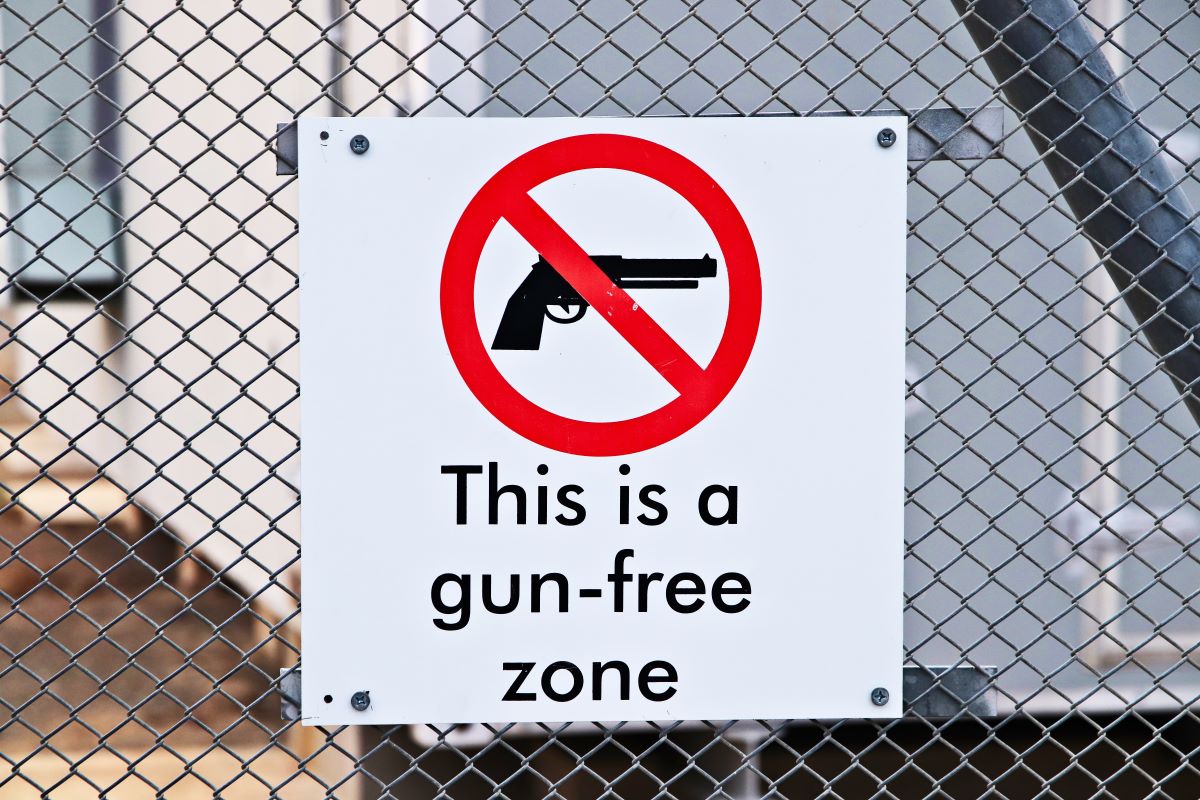
The National Rifle Association plays a significant role in shaping gun policy and public opinion, often opposing many forms of gun control legislation.
15. Cultural Significance
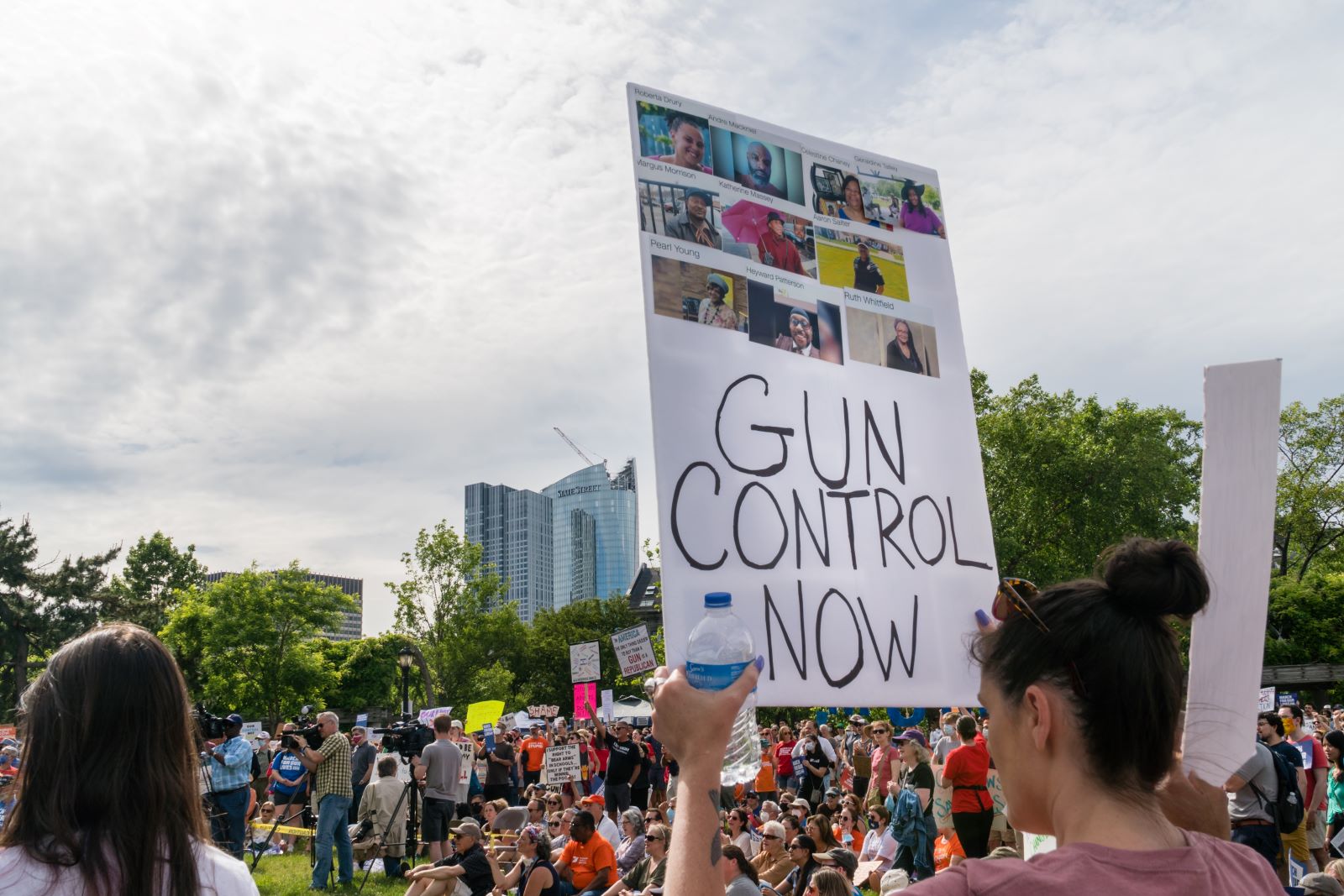
Guns hold a significant place in American cultural and historical narratives, influencing how gun control debates are framed and perceived.
16. Economic Impact

The gun industry is a substantial economic force, providing jobs and political contributions, which complicates efforts to regulate it.
17. Public Opinion

While public opinion polls often show substantial support for specific measures like background checks, translating this sentiment into policy remains challenging.
18. The Political Divide

Gun control remains one of the most divisive issues in American politics, reflecting deeper ideological divides between conservatives and liberals.
Moving Forward
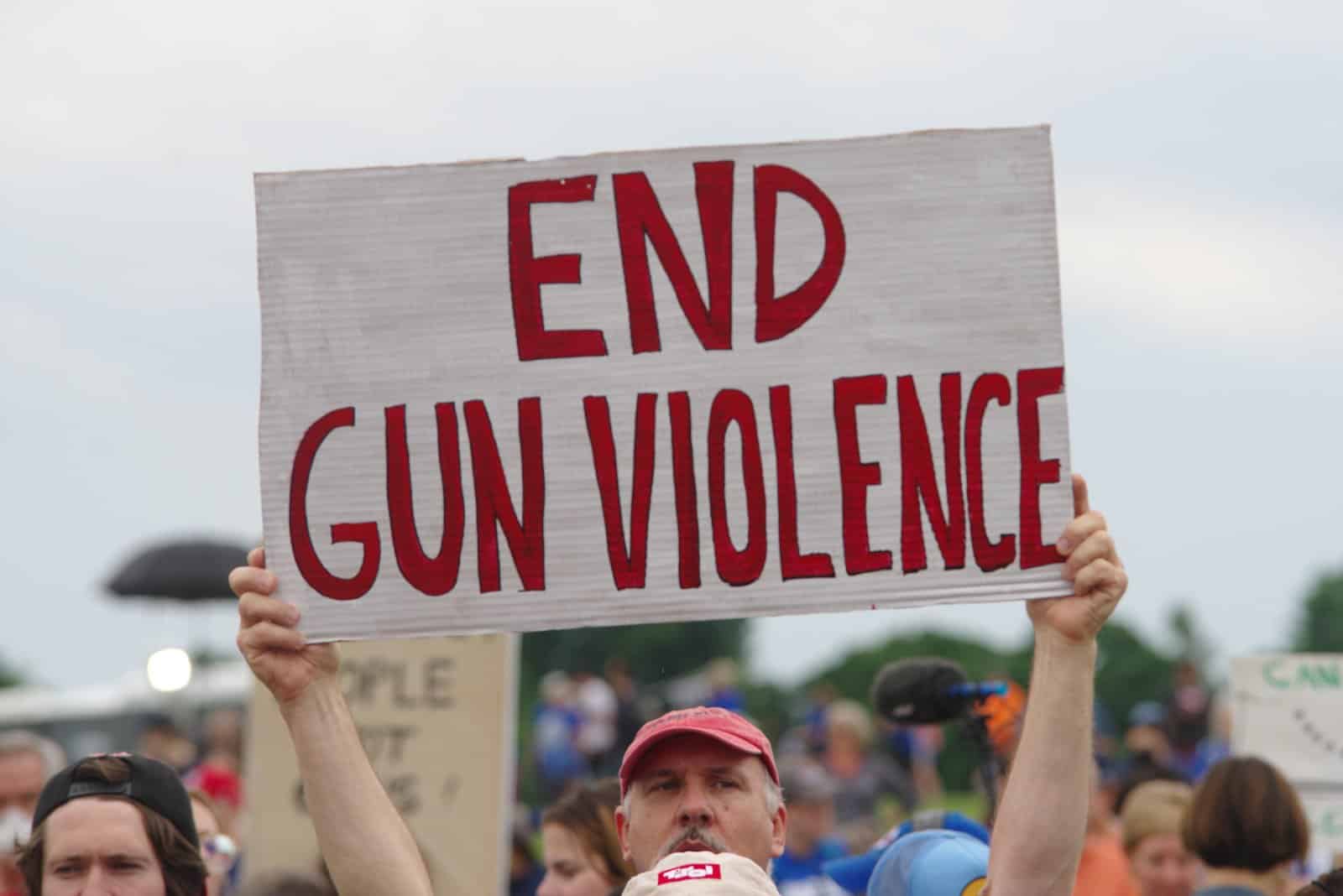
The battle over gun control is not just about laws and policies; it’s about defining the values that shape America’s future. Both sides of the debate need to engage in open, respectful discussions to navigate this contentious issue effectively, striving for solutions that honor the rights of individuals while protecting community well-being.
21 Beliefs About the Bible That Are Actually False

The Bible is one of the most discussed and debated books in history, yet many common beliefs about it are more myth than fact. How many of these misconceptions have you heard before? 21 Beliefs About the Bible That Are Actually False
21 Subtle Racisms That Are Commonplace in America

Racism in America isn’t always overt; it often hides in plain sight through subtle actions and attitudes. How many of these subtle racisms have you noticed around you? 21 Subtle Racisms That Are Commonplace in America
Only Legal in America: 21 Things You CAN’T Do in the Rest of the World
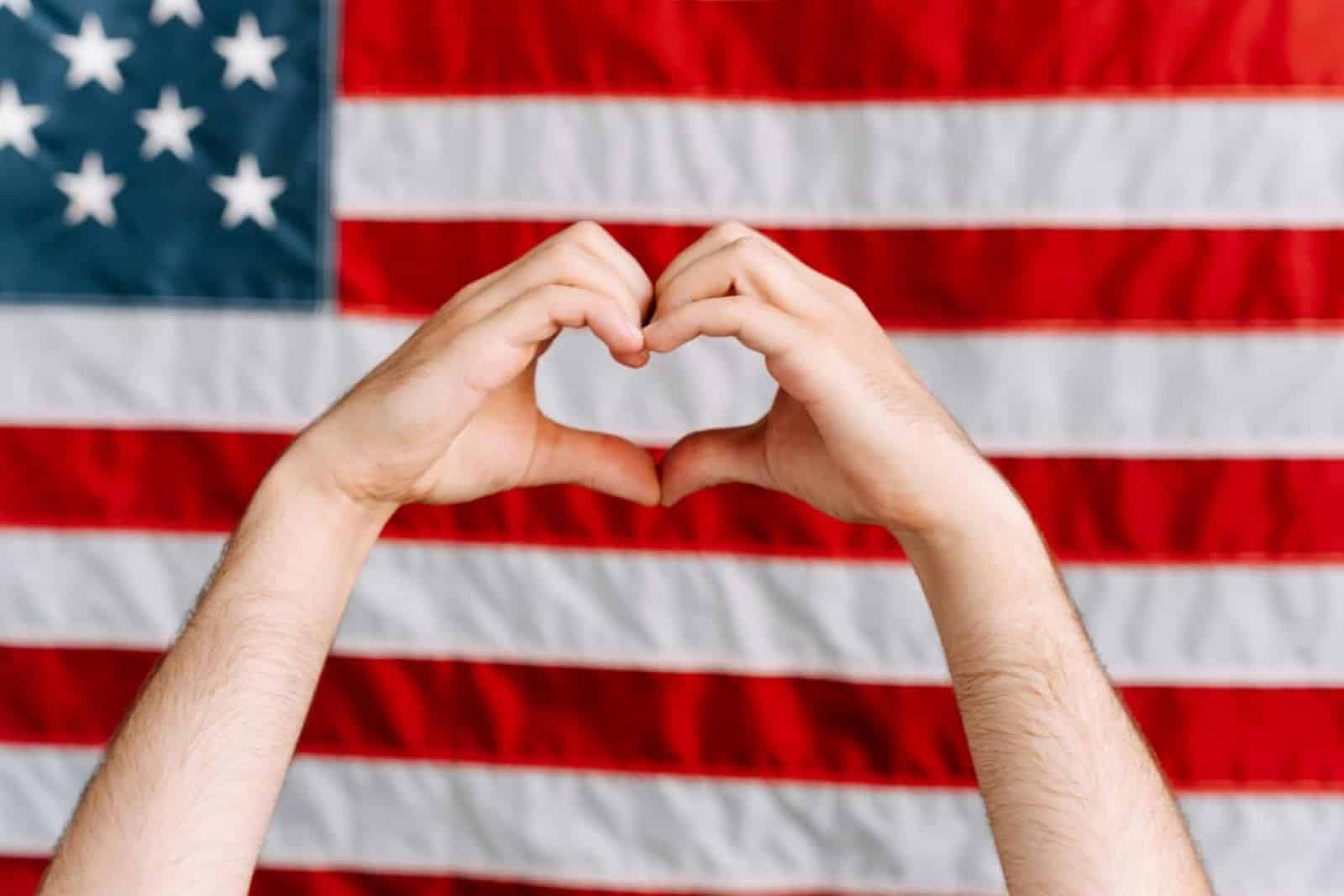
The U.S. dances to its own beat, especially when it comes to laws that make the rest of the world do a double-take. Here’s a lineup of things that scream “Only in America,” sticking strictly to what’s written in the law books. Ready for a tour through the American legal landscape that’ll leave you wondering if freedom might just be a bit too free? Only Legal in America: 21 Things You CAN’T Do in the Rest of the World
Featured Image Credit: Shutterstock / LouiesWorld1.
For transparency, this content was partly developed with AI assistance and carefully curated by an experienced editor to be informative and ensure accuracy.

